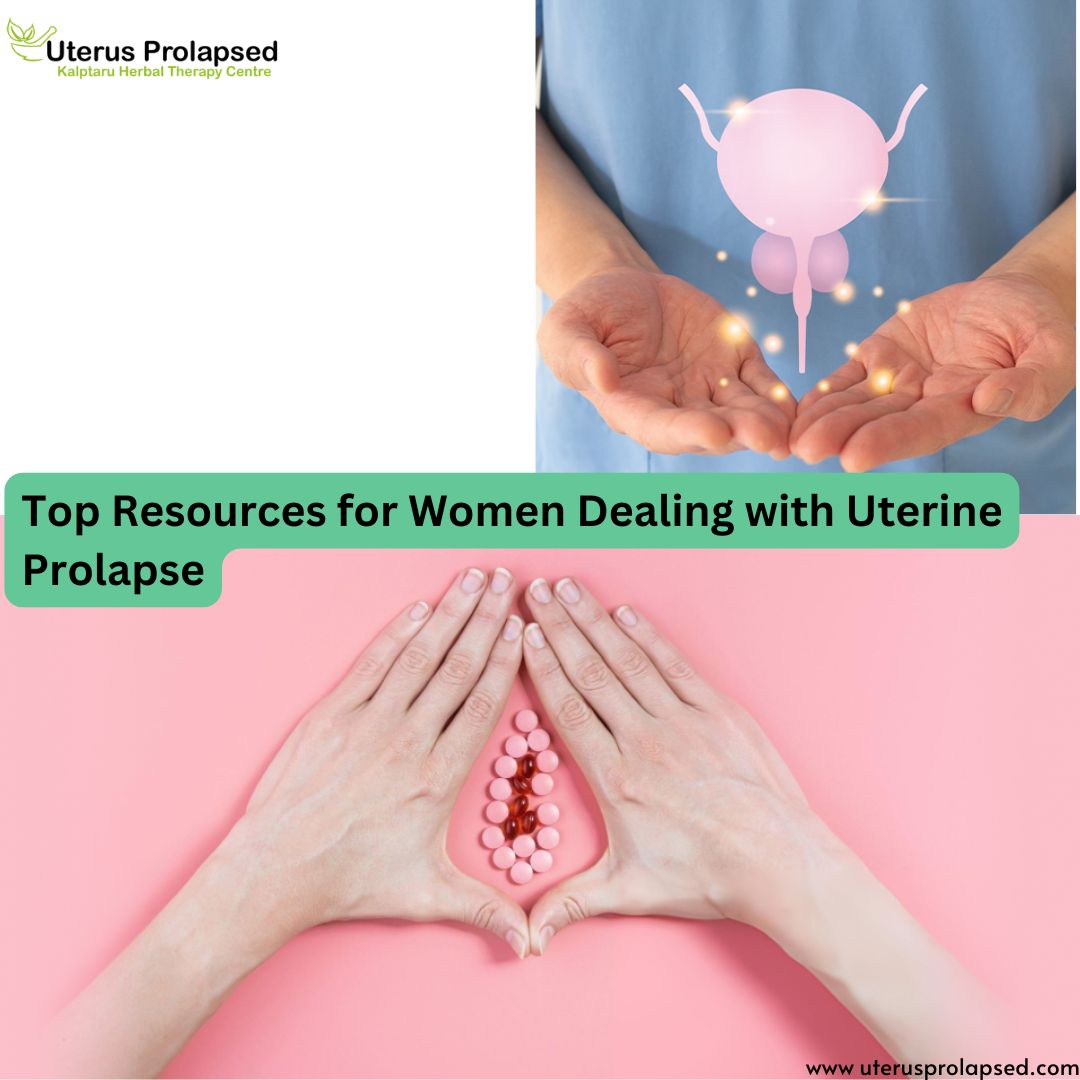A heavy or dragging feeling in the lower abdomen might be uterine prolapse. This occurs when the muscles that support the uterus become weak and allow it to slip into the vaginal canal. Although professional attention is necessary, your diet can be helpful in recovery and relief as well.
The right foods can make your body strong, while the wrong foods can put additional strain. In this blog, we will look at which foods to include and which to avoid for better daily care.
Diet You Must Take to Treat Uterine Prolapse
Proper food consumption will stabilize your body and maintain uterine prolapse. Proper diet helps regulate digestion, makes muscles strong, and reduces pressure on the pelvic area. Some of the vegetarian foods you must consume as part of daily meals are:
- Leafy green vegetables like spinach, fenugreek (methi), and kale are found to strengthen muscles and regulate digestion.
- Fiber-rich fruits, such as apples, guava, and papaya, ensure that you avoid constipation and reduce the pressure on your uterus.
- Brown rice, whole wheat, and oats keep your digestion running smoothly and boost energy.
- Nuts and seeds (flaxseeds, sunflower seeds, and almonds) keep hormones in balance and improve tissue health.
- Lentils and pulses are high in protein, which helps repair muscles and build strength.
Foods You Should Avoid
There are several foods that will aggravate uterine prolapse symptoms. They will make you constipated, bloated, or add further pressure on your pelvic floor. Cutting them out will make you feel more at ease and the condition more manageable.
- Processed Foods: Processed snacks, frozen foods, and fast foods are not high in fiber intake and will lead to constipation.
- Too Much Sugar: Cakes, confectionery, and fizzy drinks will make muscles weak and lead to inflammation and muscle loss.
- Spicy foods: They could irritate your bowel and cause discomfort or bloating.
- Caffeinated beverages: Cola, tea, and coffee will dehydrate the body and irritate the bladder.





